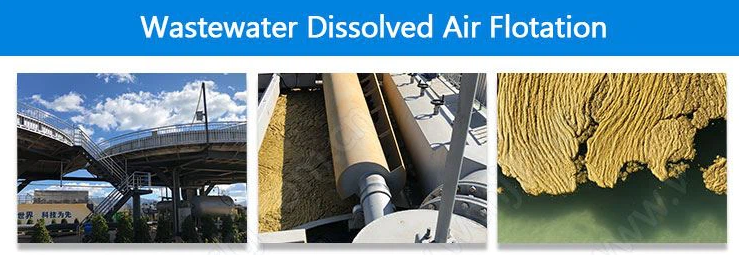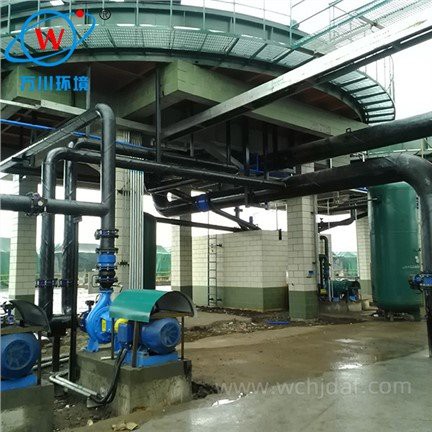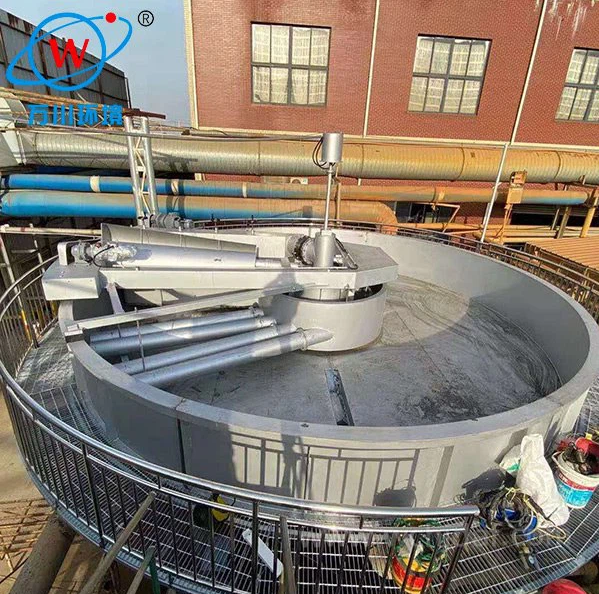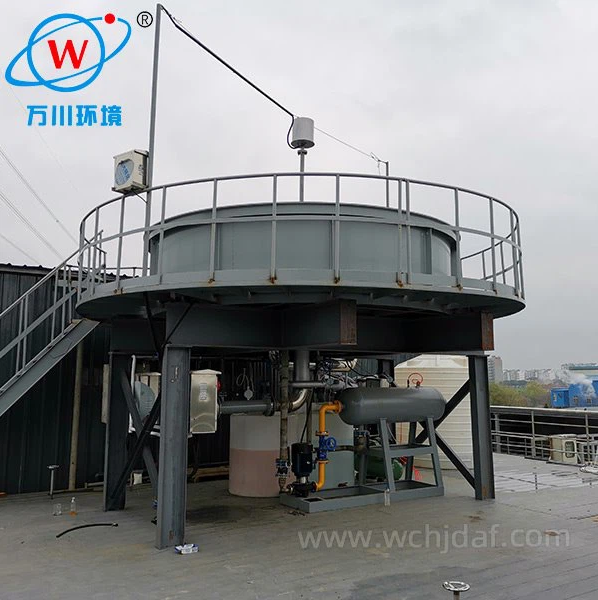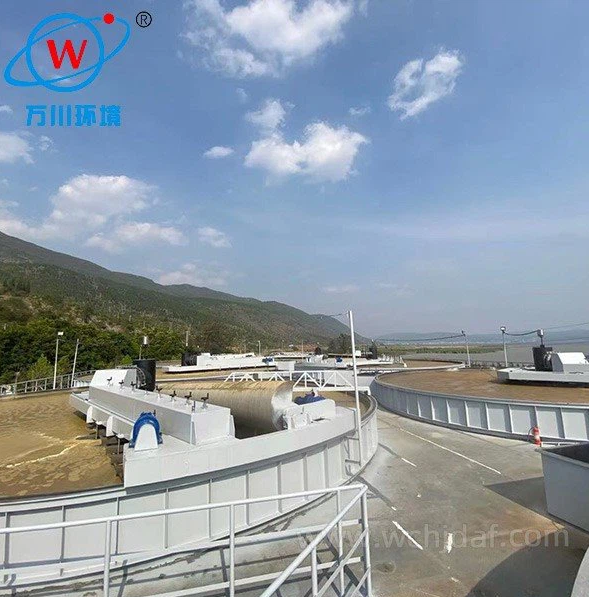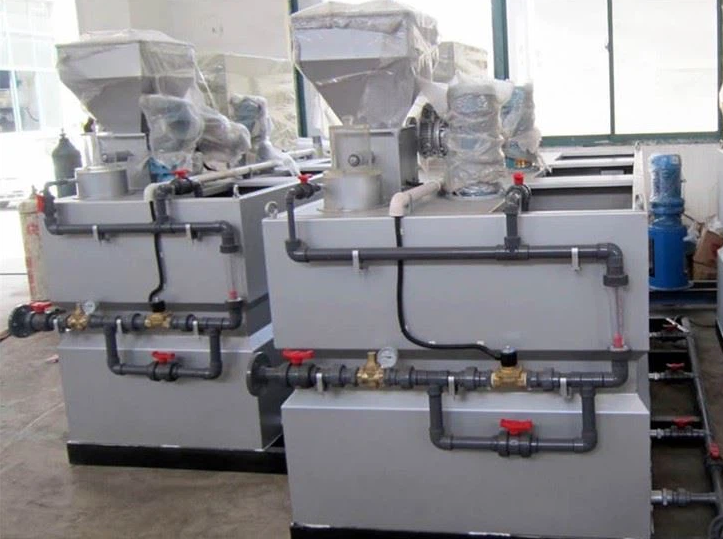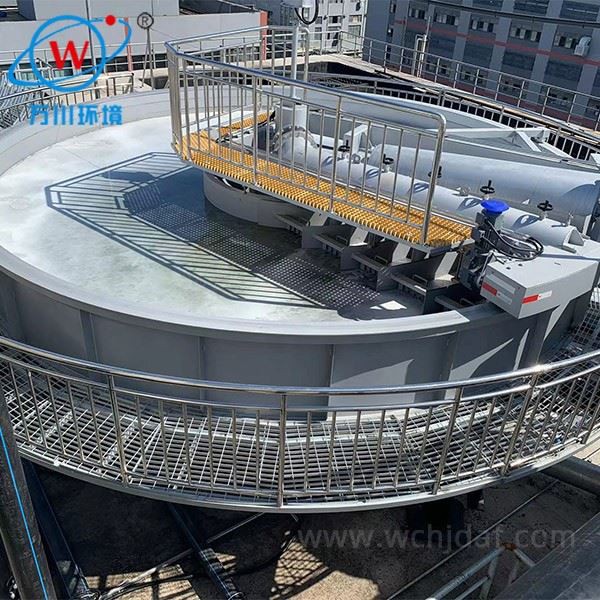1. Before the equipment is operated
The dissolved gas tank, water pump, blower and other equipment components should be fully checked to ensure that there are no looseness, leakage and other problems. If the dissolved gas tank is not tightly sealed, it may cause high-pressure gas leakage and cause safety accidents; abnormal operation of water pumps and blowers may also cause mechanical failures or leakage risks. At the same time, it is necessary to confirm that the parameters of each instrument, such as pressure gauges and flow meters, are normal to prevent the safety of equipment operation from being affected by the failure to discover abnormal parameters in time.
2. During operation
Operators are strictly prohibited from disassembling or adjusting the running equipment components without authorization. The dissolved gas system is in a high-pressure state. If it is disassembled at will, high-pressure gas and water will spray out instantly, which is very likely to cause personal injury. Operators need to wear protective equipment, including helmets, protective gloves, non-slip shoes, etc., to prevent accidents such as slips and bumps. In addition, pay close attention to the sound and temperature of the equipment. If there is an abnormal sound or the equipment is overheated, the machine should be stopped and checked immediately to avoid the expansion of the fault.
3. When maintaining the equipment regularly
It is necessary to strictly follow the operating procedures to cut off the power and release the pressure. Maintenance work can only be carried out after the equipment stops running completely and the pressure is released. For the periphery of the flotation pool, guardrails and warning signs should be set up to prevent people from accidentally falling into the pool. At the same time, keep the operating area well ventilated to avoid the accumulation of harmful gases generated by sewage, causing poisoning or explosion accidents.
It is very important to carry out professional safety training for operators so that they are familiar with the equipment operation process and emergency handling methods. In the event of leaks, fires and other accidents, they can quickly take correct measures to protect the lives of personnel and equipment safety.
